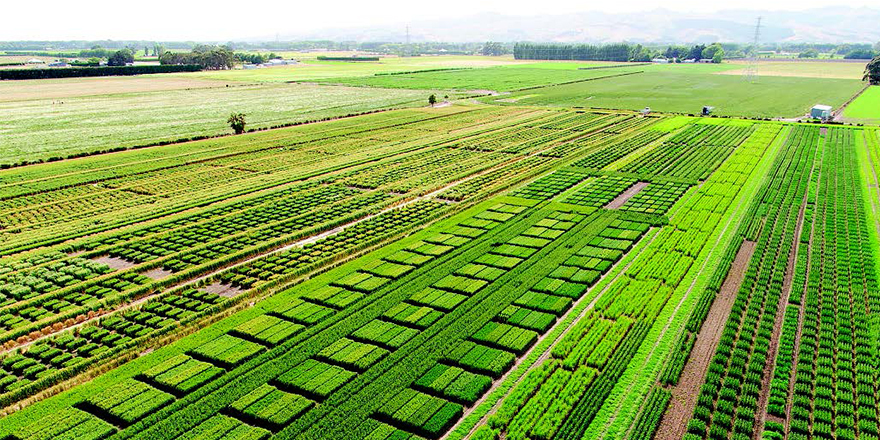Our economy is founded on excellence in primary production and exporting this produce around the world. Given our isolation and abundance of agricultural production, New Zealand has responded to the challenge of distance between the production base and markets through a focus on operational excellence. Continual improvement in productivity and efficiencies along the supply chain from perfecting a pastoral based farming system has enabled New Zealand to compete internationally regardless of distance.
Historically the United Kingdom and Europe were our main markets, with counter-seasonal demand. Therefore, the main goal was to produce more volume at a cost competitive price. Over the years New Zealand has diversified away from the traditional markets towards more emerging markets of Asia, particularly China. This pivot has been enabled through Free Trade Agreements that have allowed New Zealand product preferential access.
New Zealand will face new challenges as the global trading environment moves on from a period of liberalization. This presents significant challenge for New Zealand and a cause to reconsider how we could overcome the market production dislocation challenge. The New Zealand agriculture sector have strategies associated with greater internationalisation and market orientation, however there is limited evidence of implementation. The paradox between market orientation, greater internationalisation and a continued focus on operational excellence needs to be recognised.
If New Zealand wants to overcome the market production dislocation in a new way, it is useful to draw on the lessons of other small economies. This report investigates the market production dislocation of five other countries, and the ways by which each country has developed an eco-system to overcome this challenge. A framework is presented that sets out the importance of recognising the why, the how and the what of an eco-system to overcome the market production dislocation. Understanding the why, clarity of purpose, or in New Zealand’s case our kaupapa is critically important to establish to overcome the market production dislocation. Kaupapa can be defined as the principles and ideas which act as a base or foundation for action. Each country was found to have a burning platform that either forced change, or presented an opportunity to change. The inherent culture of each country combined with the burning platform challenge led to the purpose, or why, for change. Once the why is understood, the systems and leadership, and nature of value creation and realisation can be developed. These are secondary concepts, and can only be developed once a clear why is expressed.
New Zealand agriculture lacks a clearly defined kaupapa and this makes it impossible to create change within the industry. Without a guiding star, there is no chance to make difficult decisions or trade-offs. The paradox of market orientation and operational efficiency will continue to create conflicts within the agriculture sector and wider economy. Leadership for change needs to come from the creation of a united industry body that represents all sectors of the agriculture industry. The critical mass generated from such an organisation will be powerful when speaking on behalf of all New Zealand growers and farmers.
New Zealand can use this moment in history as a chance to redefine our kaupapa, and come together through collaboration. Success will come when New Zealand speaks with one voice when asked what the agriculture sector stands for. The paradigm of globalisation is shaky, and the opportunities for innovative business models due to global connectivity are higher than ever before. Now is the time for action.
Keywords for Search: Jessica Bensemann, Bensaman




